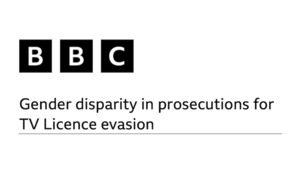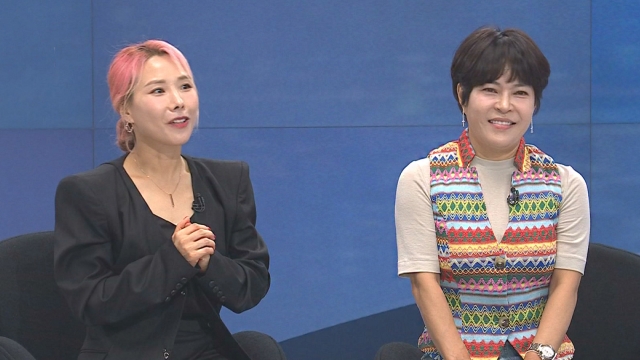
Remembering Rottyful Sky, The K-Pop Powerhouse Who Passed Away At 25 Years Old
2023년 07월 18일
ENHYPEN’s Ticket Prices Increase Astronomically, Leaving Fans’ Wallets Hurting
2023년 07월 18일[ad_1]
British public broadcaster BBC has put forward 10 plans to close the gender gap for those accused of not paying license fees. It is said that the economic vulnerability of British women is leading to non-payment of license fee and legal responsibility, but some point out that the announced plan is at odds with narrowing the gender gap. In the July issue of ‘Overseas Broadcasting Information’, a periodical published by the KBS Public Media Research Institute, Ju Dae-woo, a British correspondent, analyzed the related report.
According to the BBC ‘Gender Gap in Prosecution for TV Licensing Avoidance’ report, there are approximately 24.9 million institutions and households in the UK that are obliged to pay TV license fees, of which approximately 2.6 million avoid paying license fees and do not pay license fees. 1.92% of those who did not (0.18% of the total) were prosecuted. The UK TV license fee is 159 pounds per year (approximately 250,000 won), which is more than eight times higher than that in Korea (30,000 won a year).
The proportion of women among all indictments is on the rise, from 73% in 2018 to 75% in 2022, about three quarters. This is in contrast to the decrease of 66% from 128,000 to 44,000 in the total number of indictments due to non-payment of license fees during the same period.

The report analyzed that TVL (TV Licensing), a license fee collection agency, did not intentionally discriminate against a specific gender, and that the reason for the large number of female prosecutors was due to “social factors.” First, in terms of household composition, 62% of single-person households in the UK are female, and 87% of single-parent households are headed by a woman. This is an environment where, statistically, women could be prosecuted 10 percentage points more than men, all things being equal, the report said.
There is also an analysis that women are more likely to be held accountable for license fee violations because they stay at home longer than men. The report revealed that 61% of the people who opened the door when visiting investigators visited were women, 1.5% more than men, and that even if men opened the door for the first time, they often delayed responding to the investigation to women. When the person opened the door, 85% of women and 70% of men answered by themselves.
Women’s economic vulnerability is also cited as a major cause. The report found that women’s average wages in the UK are about £3,000 less than men’s, and that 60% of low-wage workers and 73% of part-time workers are women. In single-parent households where a woman is the head of the household, 39% of children experienced poverty, and 21% of women found it difficult to purchase necessities. The BBC said that the problem of economically disadvantaged women being prosecuted is not limited to license fees.
In response, the BBC has set up 10 action plans to address the gender gap between prosecuting persons: △Expanding license fee installments (12 months or every other week) △Connecting families who have difficulty paying license fees with financial counseling organizations △Delaying the collection of license fees for households receiving financial counseling support for two months △Education of visiting investigators △Giving opportunity to pay license fee before indictment △Strengthening support for indictments to pay license fee and suspension of prosecution △Simplified proof process for reasons for non-payment △Giving grace period to repeat offenders △Improving criteria for households subject to visitation investigation △Customers strengthened communication, etc.
However, Correspondent Joo Dae-woo believed that it was unclear whether the 10 plans would be effective in bridging the gender gap of indictments. The question of the proportion of female prosecutors has already been raised since 2015, and the BBC conducted a related investigation in accordance with the government’s recommendation in 2017, but there was no result. In that many of the plans are ‘continue if they work’, he said, “Even though it is possible to simulate the expected effect of the policy in advance in various ways such as surveys, I will skip this step and directly test the effect of the policy in the market. is a part that has room for criticism.”
Above all, it is pointed out that there is no policy to resolve the actual ‘gender gap’ among the 10 plans. The state correspondent said, “TVL interprets that if the total number of indictments is reduced, the number of female indictments can also be reduced. However, this does not solve the gender gap in the number of indictments, which is the essence of the problem.” However, the plan still won’t close the gender gap if women spend more time at home and more women respond to visits than men,” he said.
[ad_2]




